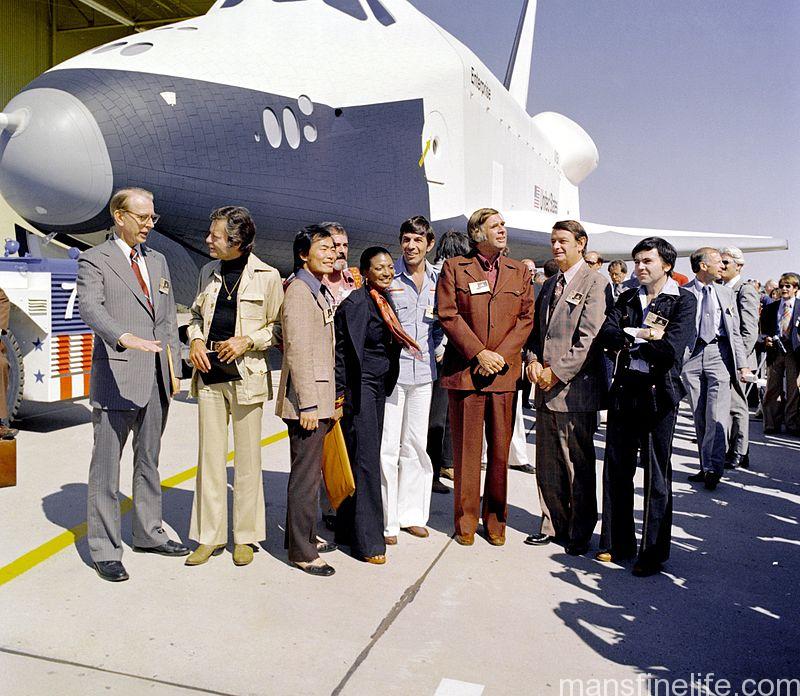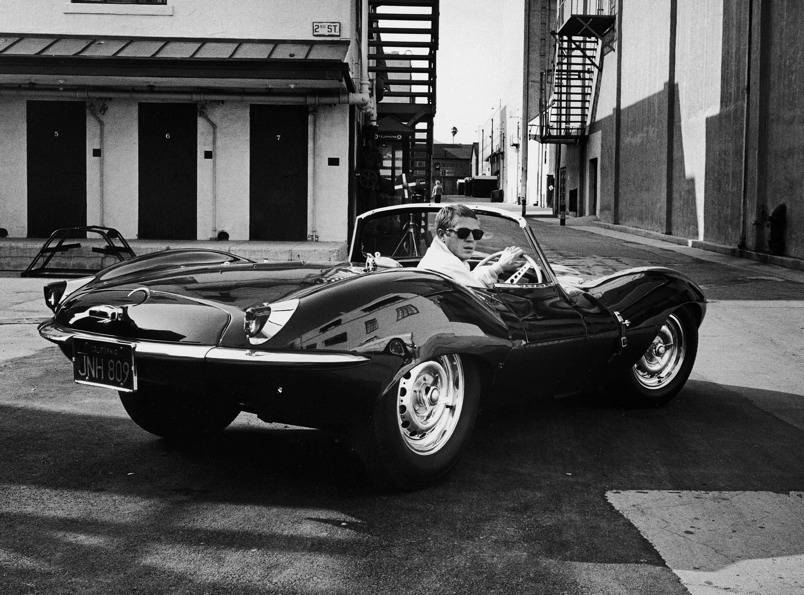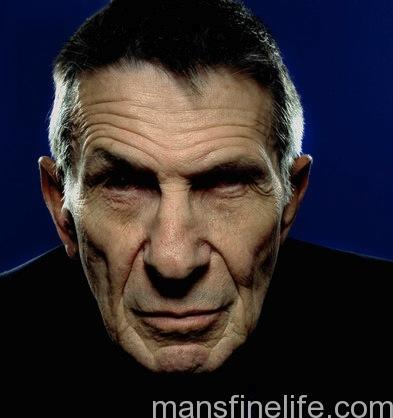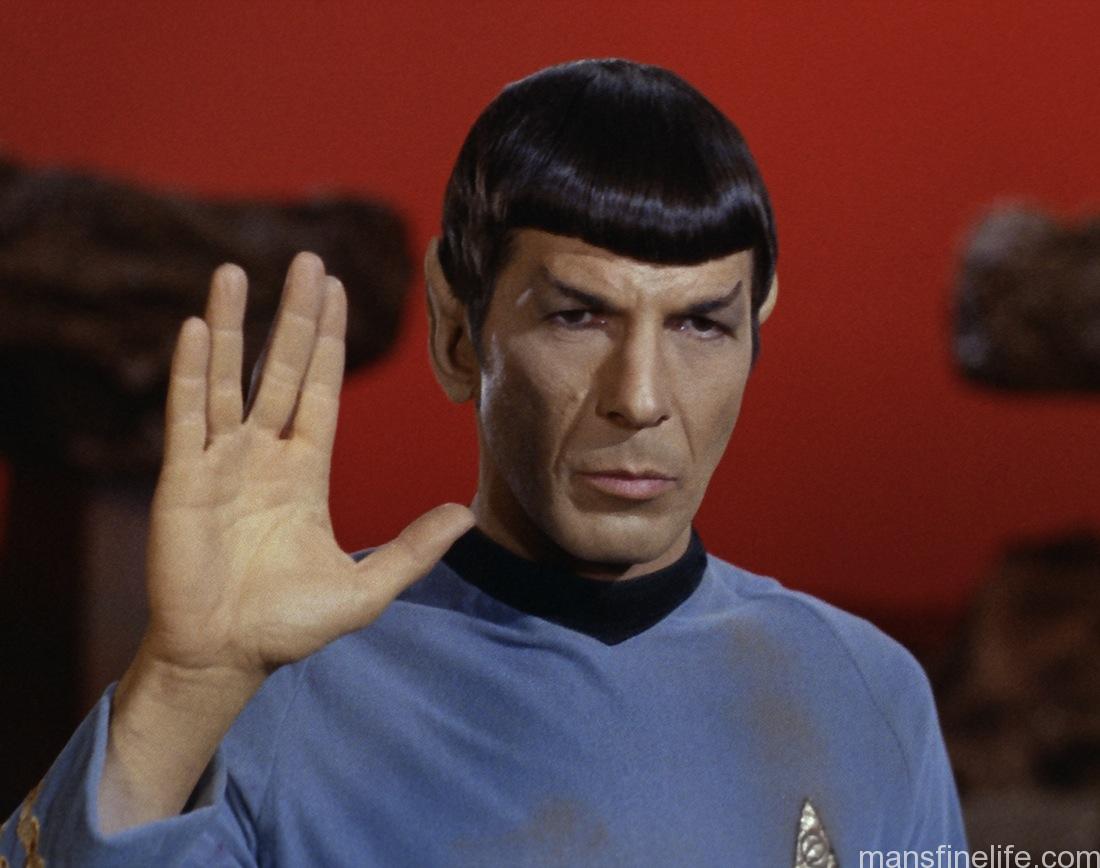Leonard Nimoy, an actor who became a worldwide cultural icon with his multifaceted portrayal of Mr. Spock in the groundbreaking 1960s sci-fi series Star Trek, died this past Friday at the age of 83. Nimoy’s characterization of the starship Enterprise’s First Officer functioned as the calm, intellectual super ego influence on Captain Kirk in diametric opposition to the id persona of the hyper-emotional Dr. “Bones” McCoy. The only alien crewmember in the original series, Nimoy gave creative life to the Vulcan philosophy of anti-emotionalism, logic and intellectual rigor and portrayed the consummate outsider bemusedly observing the confusing passions and paradoxes of the human species. In the series, the Vulcan race had long ago determined to exercise rigid control of their emotions in order to put an end the destructive internecine conflicts of their race. But as a mixed race man whose mother was from Earth, Nimoy also gave subtle expression to the human impulses beneath the surface of Spock’s greenish, pointy-eared exterior, which he sometimes struggled to control.
With its futuristic vision of the USS Enterprise as a powerful but peaceful galactic explorer, representative of a vast United Federation of Planets including an Earth that had survived near-apocalyptic conflicts in the 20th and 21st centuries, Gene Roddenberry’s idealistic creation was not an overnight sensation. Slowly but inexorably it gained in popularity, growing from a cult following during its short 3-year 1966-69 run on NBC into a global phenomenon, the relentless result of non-stop syndication, animated spin-offs, novelizations and popular paraphernalia & technical literature. By the time Star Trek was reborn cinematically a decade later in the aftermath of the mega-success of Star Wars, an entirely new audience was ready to receive its tales of multi-ethnic, multi-cultural space adventure, which Roddenberry sometimes slyly referred to as simply a “Western in space.” As the myriad sequels, prequels and entirely new associated TV series proved, Star Trek may have started out as geek culture but there was a hunger across a large segment of the world for this intelligently thought out future of our civilization and its flawed but noble heroes and charismatic super villains. And as geek became chic and the brainy outsider became the unlikely hero of a new industrial revolution in the Computer and Internet Age, it’s no great stretch to believe that it was Nimoy’s characterization of Spock, cerebral and outwardly implacable with hidden reserves of humanity, that helped inspire future computer titans like Bill Gates and Steve Jobs in their youth. Building upon The Space Race mania of the 60s, Star Trek helped make science and technology as cool and appealing as the astronauts did — just ask all those fans who wound up working at NASA and in other engineering and technological fields. And, as not only the Enterprise’s First Officer but also its Chief Science Officer, no one was cooler than Mr. Spock.

The cast of the original Star Trek series and creator Gene Roddenberry meet the Space Shuttle Enterprise
Leonard Nimoy was also the cast member who had been with the franchise the longest, predating William Shatner’s Kirk and DeForest Kelley’s McCoy. Along with Majel Barrett, he was in the original pilot for the series, “The Cage”, which starred matinee idol Jeffrey Hunter as Captain Christopher Pike. In this “prequel”, Barrett was “Number One” and Mr. Spock was simply the Chief Science Officer. (Barrett would later become Roddenberry’s wife and go on to play Nurse Chapel as well as the voice of the Enterprise’s talking computer.) When NBC asked for a second pilot Hunter opted out and the storyline was retooled: Shatner was cast as the new Captain Kirk, Spock was made First Officer, “Bones” was added and the rest is history. “The Cage” remained unaired for many years, although scenes were later intercut with the new cast to form a two-part episode called “The Menagerie”, in which Spock risks court-martial to try and give his former captain, the gravely wounded Pike, a life worth living. Exhibiting behavior that was anything but logical, that episode showed once again that Mr. Spock had more loyalty and heart than he was ever comfortable admitting. Along with other key episodes like “This Side of Paradise”, where Spock finds love and happiness due to psychotropic spores, and “Amok Time”, where he becomes overcome by his primitive need to mate, “The Menagerie” shows a complex character whose logic-based, emotionless ideal is often set aside because of the human-in-the-best-sense “flaws” of friendship, compassion, the need for companionship and even wry humor. So epic has the Star Trek universe become in our global culture that it’s impossible to imagine another actor originating those wonderfully contrasting characteristics and bringing them to such vivid and lasting life. In essence, he created an entirely new race of beings with his precise and subtle acting. How many actors can you say that about?
Of course, Mr. Nimoy was more than just Spock and like any other actor typecast by the massive success of one indelible character, he was at times ambivalent about the role. An accomplished photographer, poet and director (and also a rather unintentionally hilarious singer), as well as a proud & observant progressive Jew, Nimoy seems to have at first resented the overwhelming link between he and Spock and then gradually embraced it. As he said in 1989: “Spock is definitely one of my best friends. When I put on those ears, it’s not like just another day. When I become Spock, that day becomes something special.” That’s about as good as it gets for an actor, when you can turn the seeming prison of your most famous role into one of your best friends. And whatever one’s level of affection for the original series, it holds up surprisingly well as a typically well crafted and well acted 1960s “issues” drama, as well as a sci-fi landmark with much better than remembered production values. Through the original Star Trek and its innumerable spin-offs, there’s no doubt that Leonard Nimoy helped give life to something bigger than himself. When you’ve got real life astronauts flashing the Vulcan hand salute from outer space, you know you’ve really made an impact on the culture at large. So it’s safe to say that while his passing makes his fans sad, especially those of us who’ve been on board from the get go, by all accounts Leonard Nimoy lived a happy and successful life full of many great achievements, a lot of love and one massive pop culture impact. May the rest of us hope to live as long and prosper so well.
Click here for Leonard Nimoy’s complete New York Times obituary.




